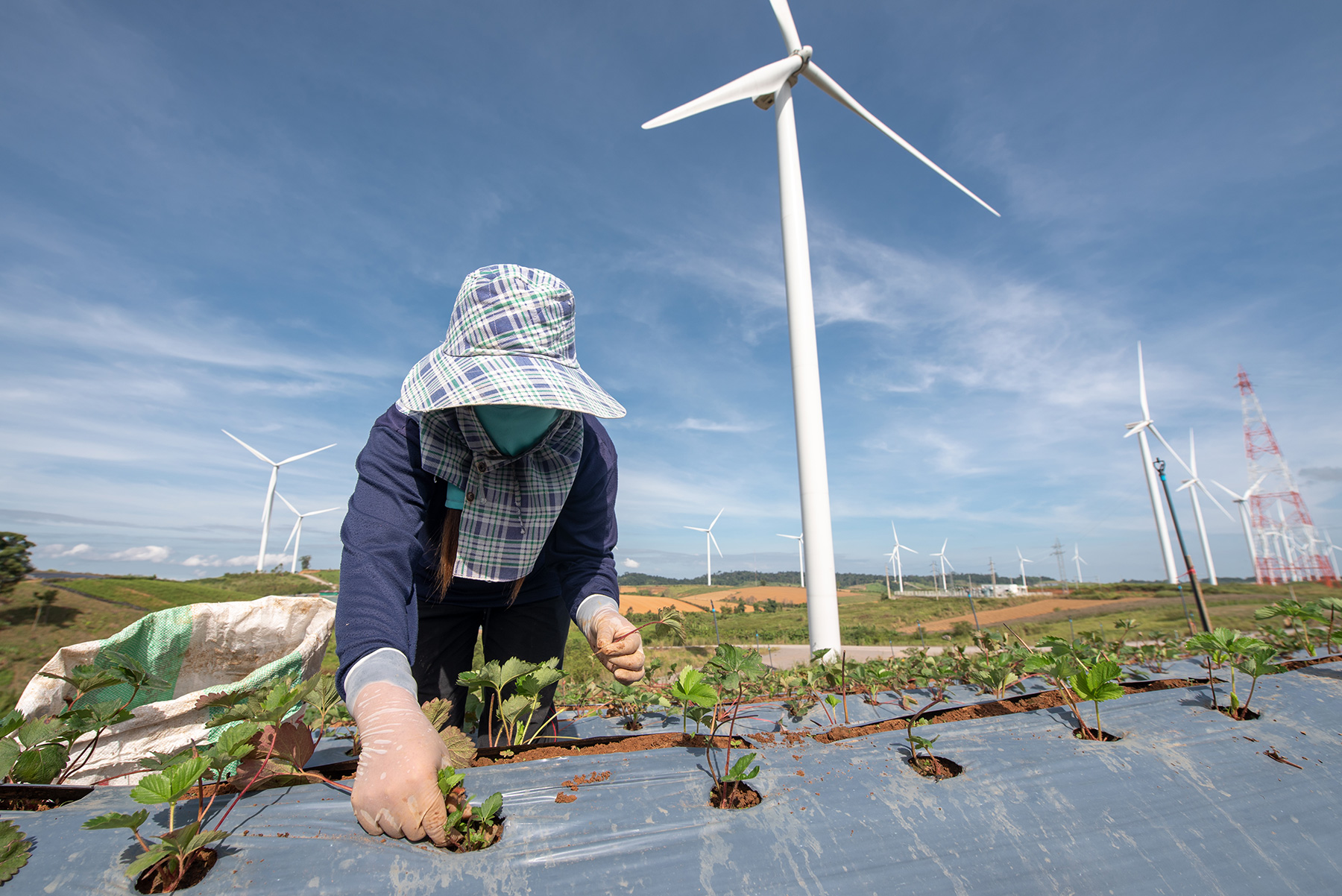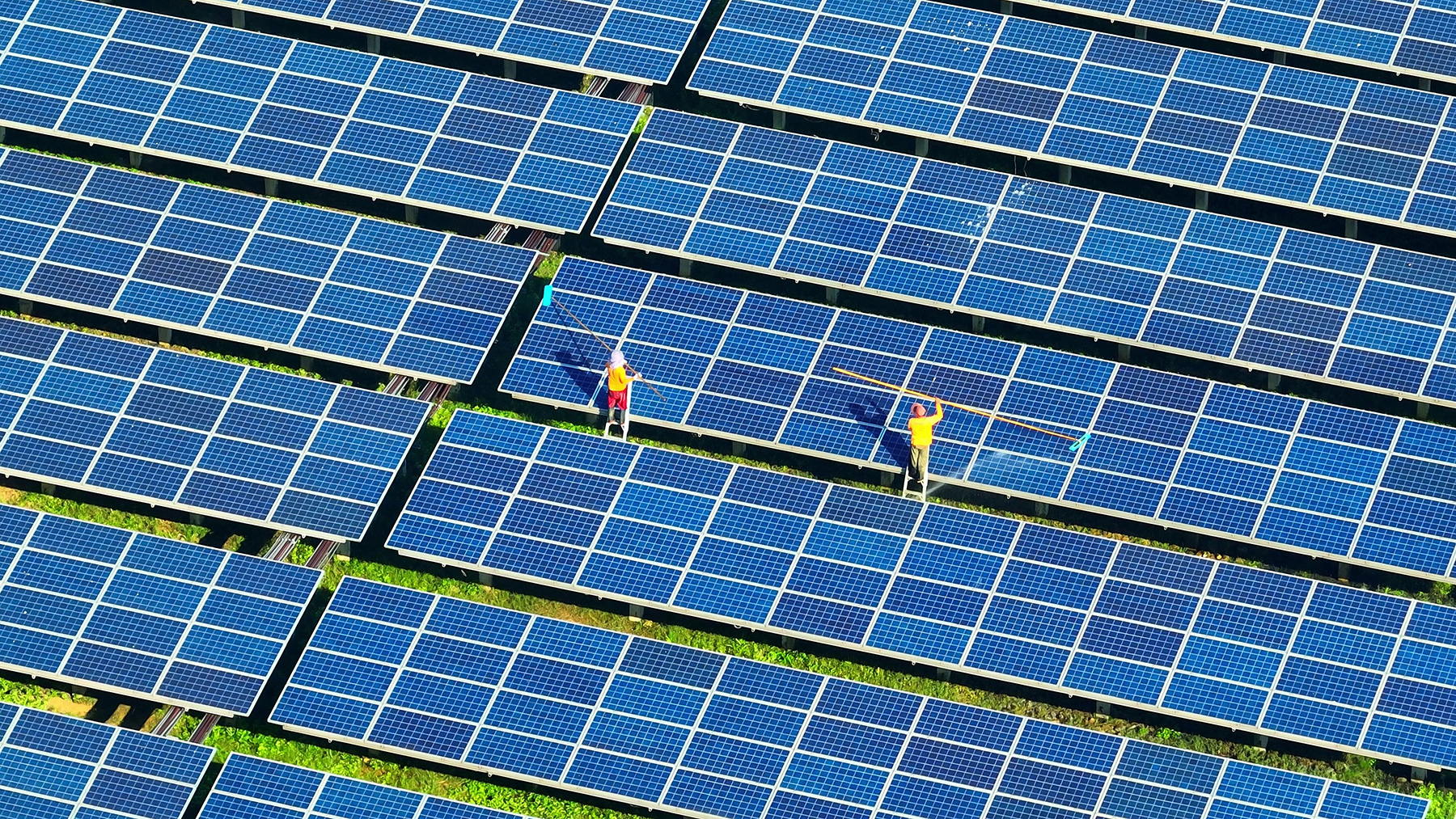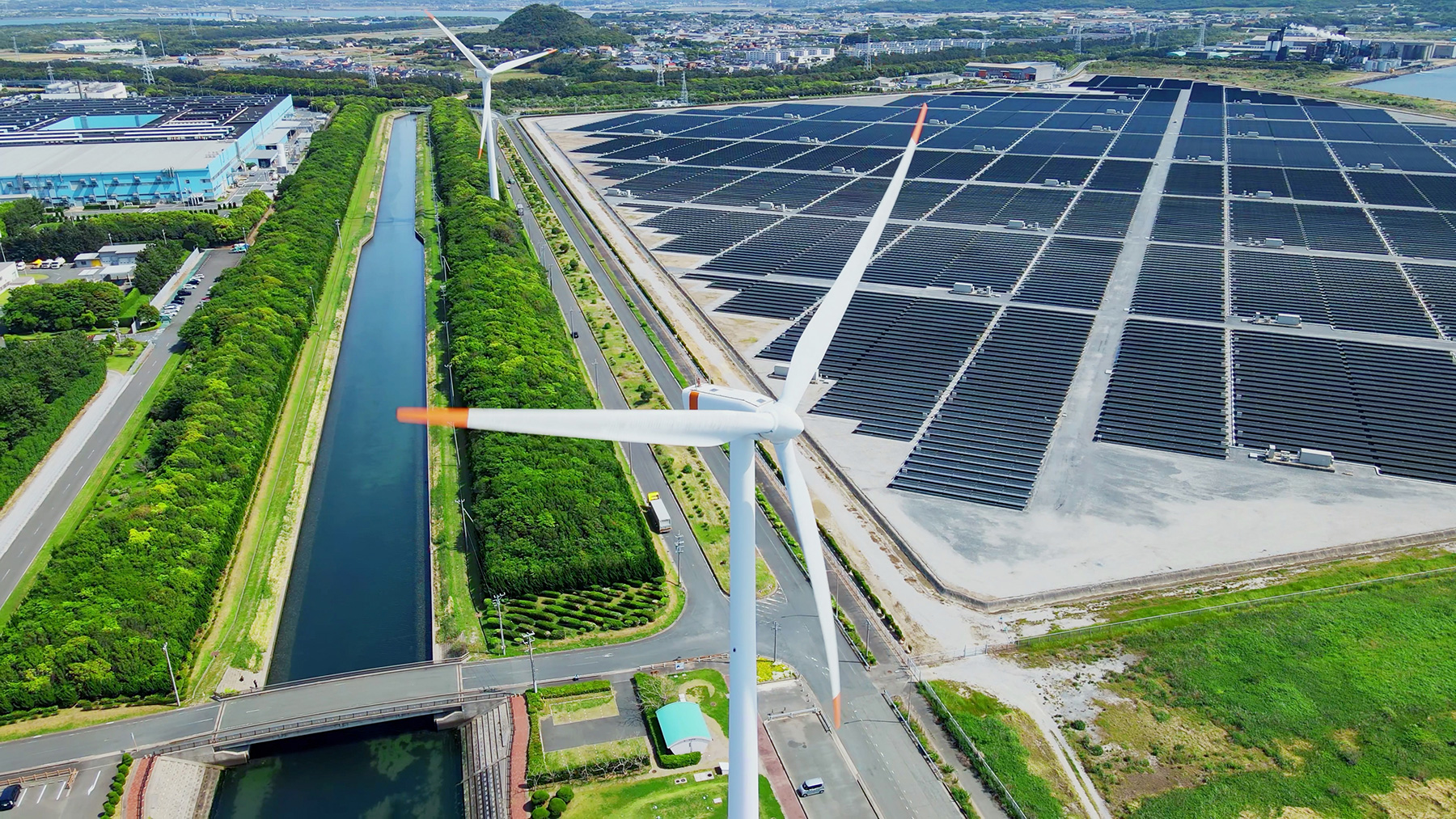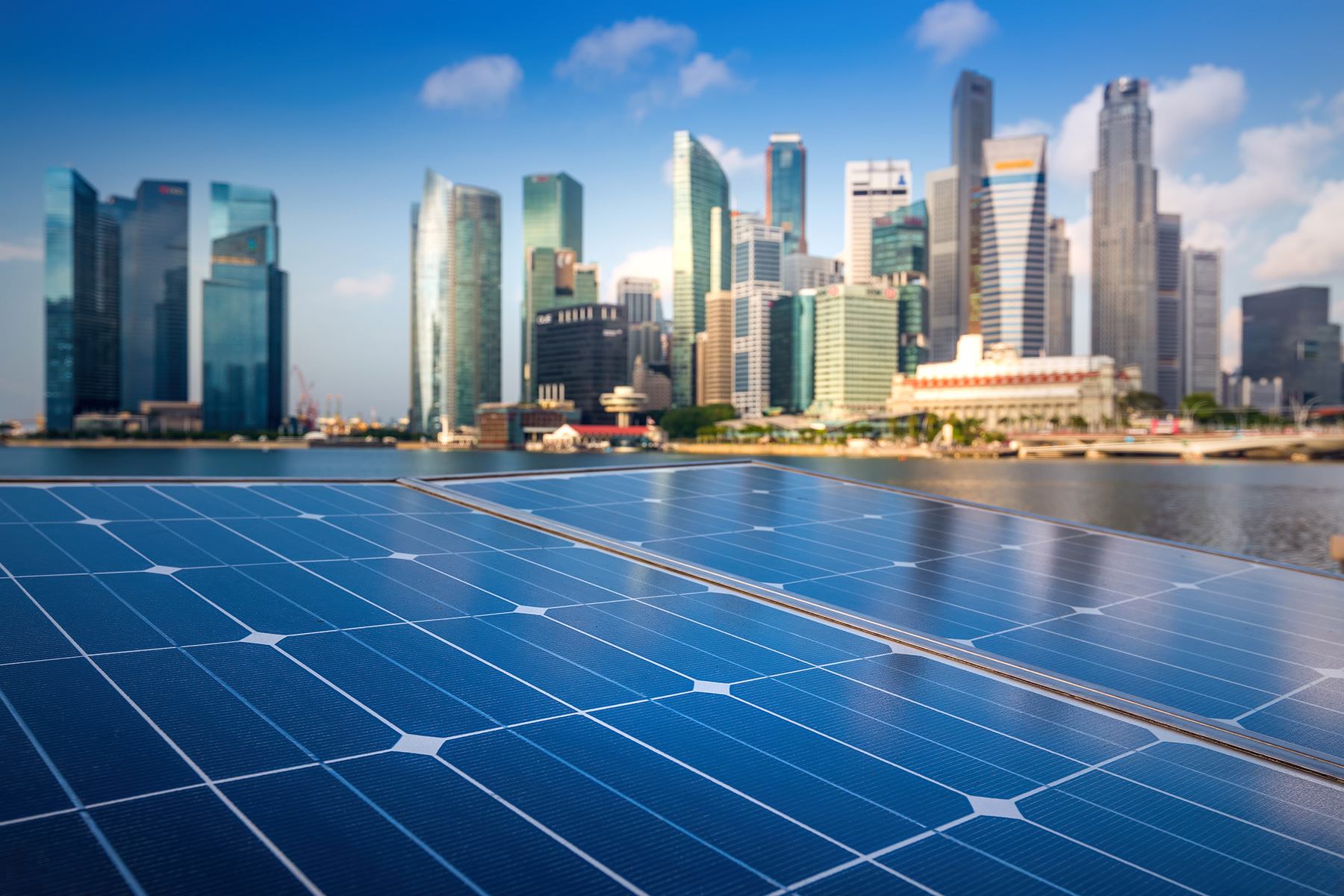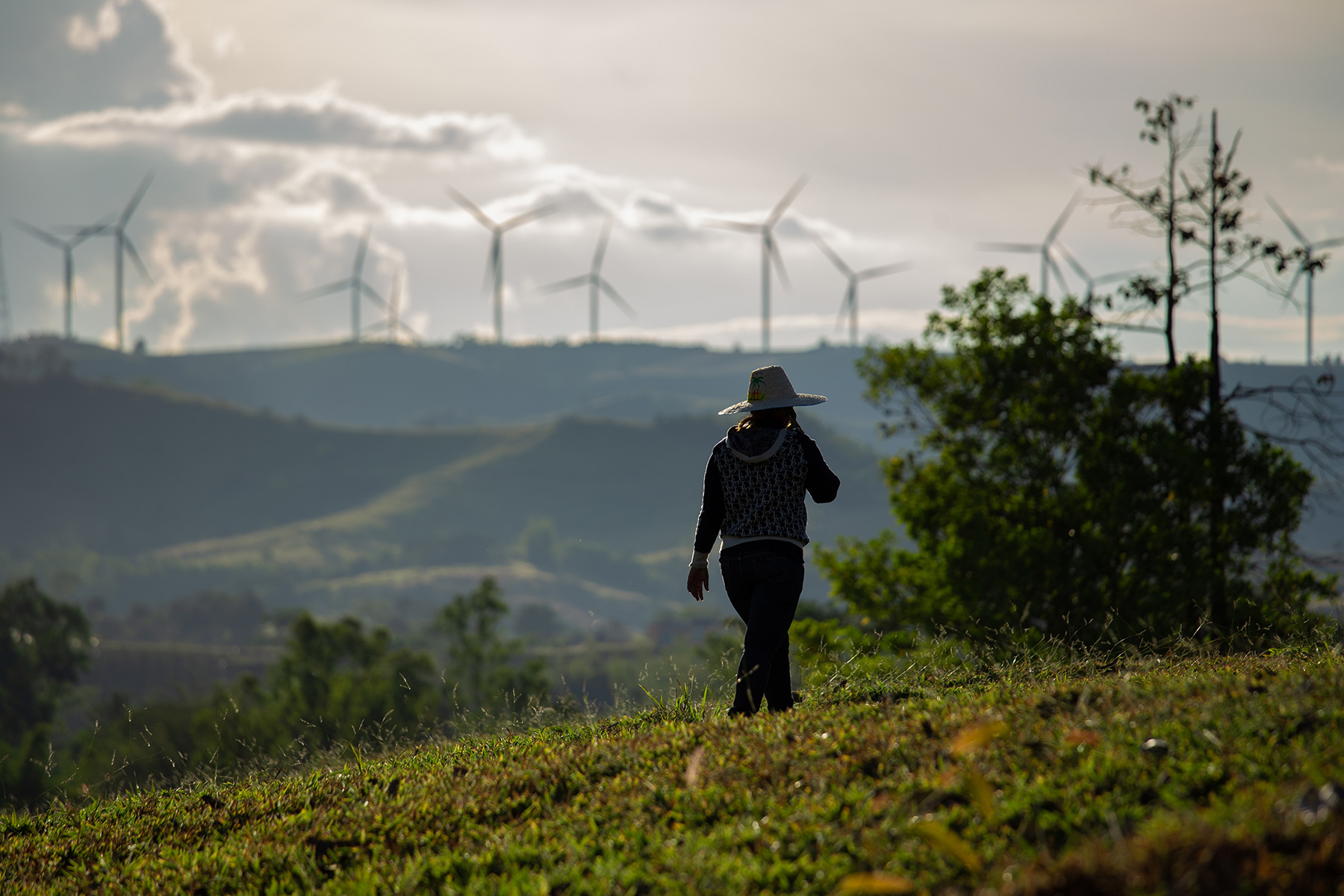Partnering financial institutions to accelerate the clean energy transition
The financial sector plays a crucial role in driving Asia’s energy transition and climate action. Accelerating this shift requires not just increased funding for new green initiatives but also for transition activities across various sectors of the economy – from power generation to buildings and transport. Mobilising finance for decarbonisation is the only way the world can meet its 2050 net-zero targets. Yet, there is a significant investment gap: global funding for the energy transition falls short of what’s needed to stay on the 1.5-degree pathways, and UNCTAD estimates that developing countries face a $2 trillion shortfall in clean energy investment.
Our partners are collaborating with financial institutions – including public multilateral development banks (MDBs), private banks, and both global and national financial players – to amplify their role in the energy transition. This includes:
- Supporting the development of financial mechanisms that enable the financial sector to accelerate the clean energy transition, reducing risks and making it easier to invest in areas that are currently less commercially viable, such as grids, energy efficiency, and offshore wind.
- Helping develop taxonomies to guide financial institutions in identifying and classifying green activities, ensuring they can more easily direct funds to projects with positive environmental impacts.
- Collaborating with both the financial and philanthropic sectors to develop blended finance solutions, including technical assistance and catalytic capital facilities to support early-stage renewable energy projects.
- Fostering the growth of the sustainable finance ecosystem by supporting talent development, including climate finance fellowship programmes for mid-career finance professionals.
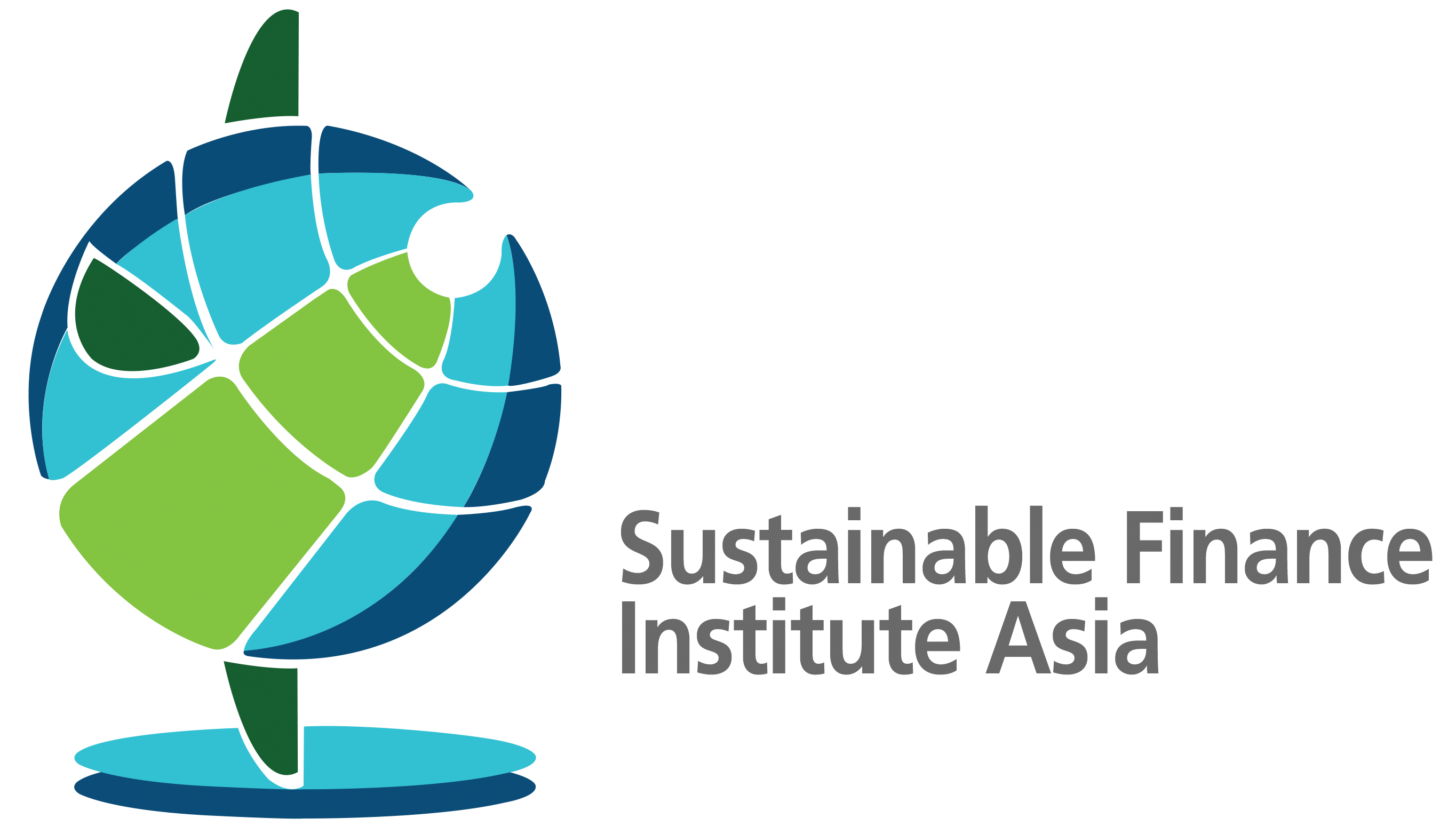
Sustainable Finance Institute Asia (SFIA) is an independent institute focused on advancing sustainable finance policy and action. SFIA’s primary focus is to strengthen the three pillars of the sustainable finance ecosystem – taxonomy, transition finance frameworks, and disclosures – in Southeast Asia.
Since 2021, SFIA has played a key role in coordinating and delivering the ASEAN Taxonomy for Sustainable Finance, designed to direct capital towards sustainable activities across ASEAN member states. As host of the ASEAN Taxonomy Board (ATB), SFIA provides organisational, policy, technical and stakeholder management support to the ATB. SFIA also facilitates and promotes the use of the ASEAN Taxonomy.
The ASEAN Taxonomy has received support and positive feedback from the ASEAN Finance Ministers and Central Bank Governors’ Meeting, in addition to recognition by the Abu Dhabi Global Market’s Financial Services Regulatory Authority. The ASEAN Taxonomy has also been regarded as one of the three most influential taxonomies in Natixis’s report, The New Geography of Taxonomies.
SFIA also supports the ASEAN Capital Markets regulators collectively in planning and executing their sustainable finance agenda. Leveraging its resources and network, SFIA has contributed to the development of the ASEAN Transition Finance Guidance Version 1 (October 2023) and Version 2 (October 2024), which offers regionally relevant guidance on transition finance for Southeast Asia’s 70+ million SMEs.
SFIA is also working with stakeholders to drive sustainability disclosures in the region.

Established by Singapore-based Clime Capital, the Southeast Asia Clean Energy Facility (SEACEF) is a collaboration between leading international foundations to accelerate the low carbon transition in Southeast Asia. Working in partnership with clean energy pioneers, governments, global philanthropic organisations, development financial institutions, NGOs and other local stakeholders, SEACEF aims to direct early-stage development capital investment into innovative, high-impact clean energy projects and businesses in critical Southeast Asian markets, showcasing how they can provide the energy solutions of the future at an equivalent or lower price, with a faster rate of deployment and reduced social and environmental costs.
Since being established it has made key investments in emerging businesses across the region including solar and wind-power developers. It’s also supported vital research, including bringing together AboitizPower, the Rocky Mountain Institute and the United States Trade & Development Agency (USTDA) to undertake a publicly-available feasibility study exploring offshore wind energy potential and implementation in the Philippines.

